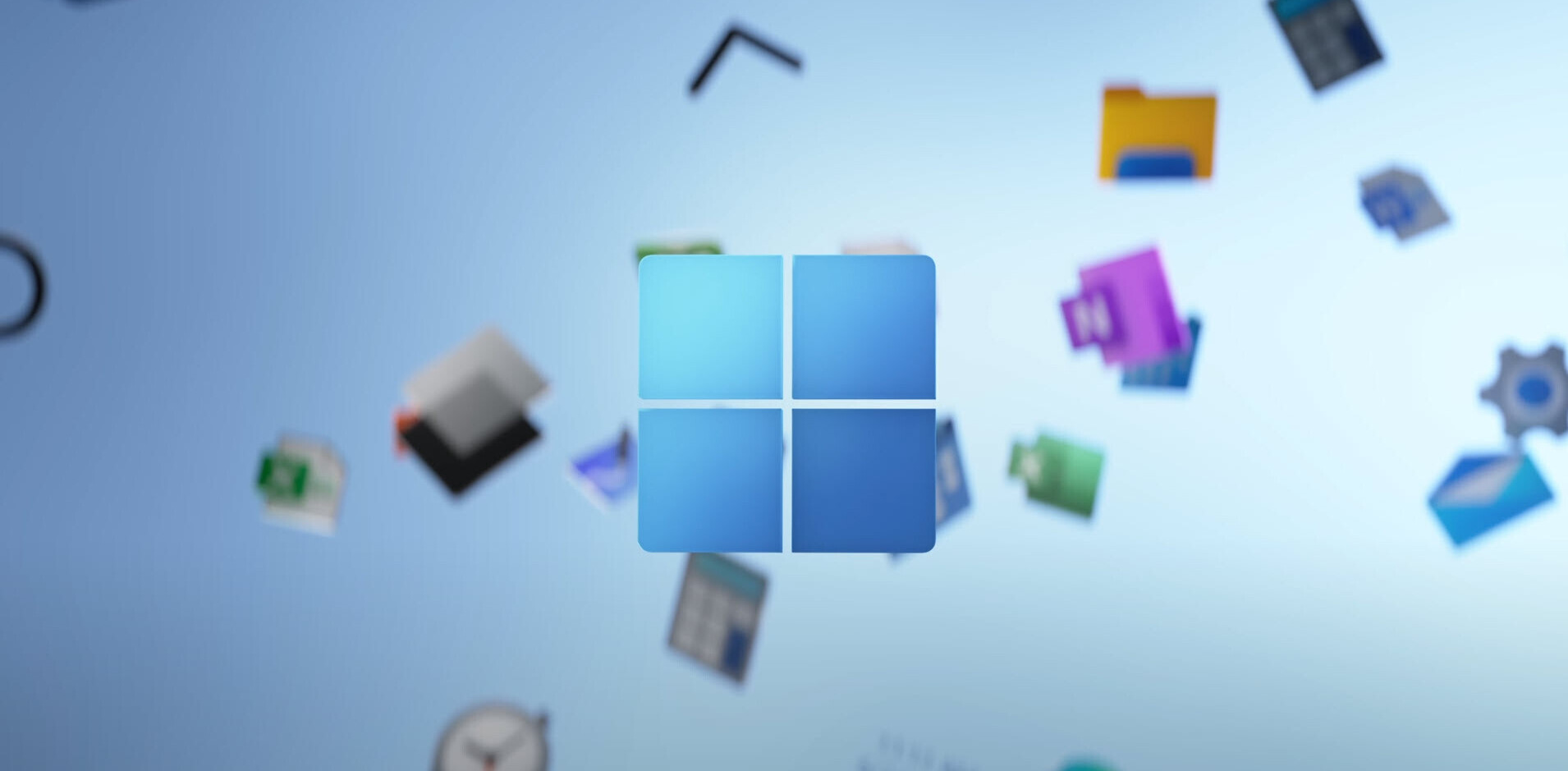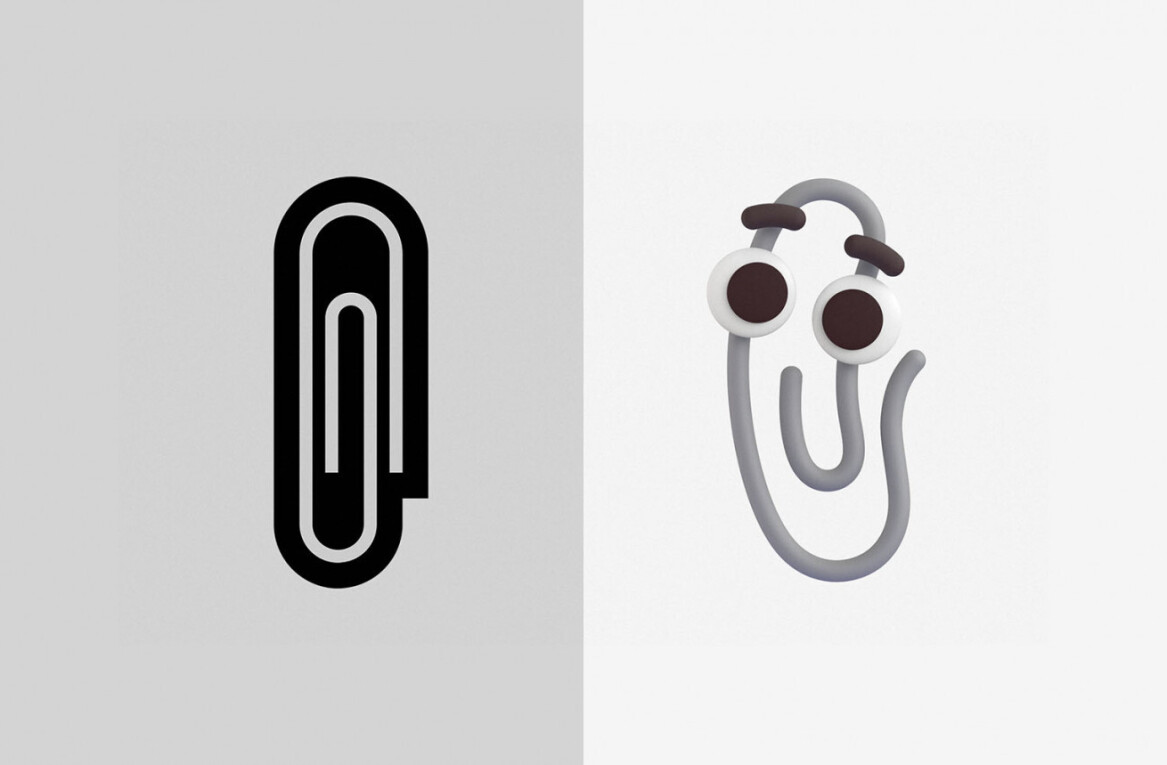Are you stressed? Worried? Burnt out? Then I have a simple suggestion: pick up an instrument. Why? Well, because I believe learning guitar is the best thing you can do to soothe your gnashing brain.
In this article, I’m going to tell you why that is — and how you can get some of this sweet action too.
Hold on… what’s that? There’s an entire video about this topic? God, aren’t you lucky? If you’re that way inclined, go and watch it. If not, no worries — we’ve got everything you need below.

[Read: The biggest tech trends of 2021, according to 3 founders]
The background (AKA how I got here)
I played guitar for years. I started on classical when I was a child, before graduating into the devastatingly RAD WORLD of electric axes as a teenager. It was my primary passion for some time.
But… then I stopped. It’s hard to know exactly why (probably boozing?), but the end result is I barely touched a guitar in the past 12 years.
Yet this changed recently. One of the few (read: only) positives of the pandemic has been the overflowing amount of free time I’ve had. This has given me a lot more time to try out new things and reacquaint myself with old hobbies — so I decided to get back into instruments.
What surprised me wasn’t just how fun it was, it was how it made my brain feel? Like, pretty good? And clear? And relaxed?
Turns out that there’s an absolute wealth of research connecting mental wellbeing with playing an instrument — which makes total sense considering my experience.

Basically, learning guitar has been unexpectedly Zen-like — and I’d like to share that gift with you, friend.
Tell us more… how did playing an instrument again make you ~ f e e l ~?
Relaxed. It’s like my issues are melting away.
I think what’s really appealing about it is being in the moment while playing, alongside an element of soft creativity. I felt serene and tranquil and mindful.
Why learn guitar? Why not another instrument?
Of course, pick up any instrument that takes your fancy — that’s the joy of music. Despite that, I think guitar probably the best musical instrument for most people to learn.
There are three main reasons why I think this is the case. There’s even a handy diagram here breaking down why I think that is:

Let’s go through them.
#1: Guitars are comparatively cheap
You can pick up a new budget guitar for a couple of hundred bucks — and you can get something even cheaper if you look on the second-hand market.
#2: There are a huge amount of resources to help you learn guitar
Honestly, you’re spoilt with choice. You have websites like Ultimate Guitar filled with tabs, things like the excellent Gibson app to get you started, and an unbelievable wealth of YouTube videos. And we haven’t even mentioned the gamut of guitar tutors out there.
Basically, if you’re learning guitar, you’re like the cat with the cream. Or something. Is that a saying?
#3: You can play guitar on your sofa
This is the real shit right here. While there’s a lot to be said for actively practicing and instrument (more on that later), one of things I’ve enjoyed most about picking up the guitar again is just noodling away while I watch TV. The guitar is perfect for that.

Okay, you’ve convinced me — what guitar should I get?
Well, I’ve been using the Epiphone Hummingbird, a gorgeous acoustic guitar that’s perfect for beginners. There are a lot of other options though.
What I’d recommend — if possible — is you find and visit your nearest, independent guitar shop. I’m certain they could do with your support and will be able to steer you in the right direction for what you need.
If I can offer some sage advice though: don’t spend too much.
Maybe you can splash the cash if you’ve played guitar before and are confident you’ll keep it up, but try and budget best you can. If you find you really enjoy learning guitar, you can can sell the old instrument and upgrade. Or keep it and start a collection. The choice, friend, is yours.

How to make learning guitar like meditation
Now we’re getting into the chunky core of this piece. We’ve taken a windy road to this point, so let’s summarise. Picking up a guitar again has felt wonderful for my mental health; it’s this relaxing combination of meditative practice and gentle creativity.
But we need to talk about how to achieve this.
One of the reasons I think I didn’t really experience this in the past was because I was caught up with ideas of being good or bad at guitar.
The difference this time is I don’t really care. I know I’m not going to have a musical career (god, that still hurts to write), so I can focus on enjoyment and simply being in the moment.
Before I drop some tips on how to achieve this, a quick note: I’m far from a guitar expert. At best, I’m a rusty enthusiast. If you’re looking for technique or practical tips, then I suggest you go and check out some of the resources we mentioned earlier.
Anyway, here are my tips on achieving a level of musical mindfulness that’s better than meditation.
#1: Scales
Yep, the scourge of music students everywhere: scales.
Thing is, they’re actually really pleasant to play on guitar. Once you’ve worked out the pattern, you can simply move it up and down the fretboard. In other words, perfect for playing in front of some Netflix.
This is a helpful guide.
#2: Chord progressions in a specific key
Of course, learn some chords first. But I found it deeply meditative to look up the chords in a key and stitch them together.
You can see some good examples of this in the video (GO AND WATCH IT), but let’s explain here too. Let’s take the key of C Major as an example.
The chords in that key are C (I), Dm (ii), Em (iii), F (IV), G (V), Am (vi), and Bmin (vii). Now, a huge number of modern pop songs are built around three chord progressions (something like I-IV-V-V). This means you can start to stitch together your own “songs” by turning the chords in a key into progressions. There’s more info on that here.
In other words, start playing C, F, and G. Then maybe add in an Am and Dm. Experiment. Mess around. Lose yourself.
This approach has delivered some of my most enjoyable moments of musical meditation. Give it a try!
#3: Practice both attentively and passively
In my mind, this is the key to achieving musical mindfulness.
Moments of proper focus, of concentrating hard when you’re trying to learn something does wonders for my brain. But when I’ve often felt most relaxed and breezy while learning guitar have been — surprise, surprise — sat on the sofa, watching TV, and noodling away.
No expectation, no pressure, just chilling.
But I think the real joy is the combination of these things. The fact that you can practice both attentively and passively with the guitar is one of the many reasons why I find it such a tranquil experience.

Conclusion: learning guitar is better than meditation
I’m not trying to sell you anything, nor am I saying anything revolutionary here. Instead, my only aim with this article and video is to give you a little push.
Picking up and learning guitar again has been magnificent for my mental health — and, if you’re that way inclined, I think it may help you too. If you’ve been wondering if it’s time to try out an instrument, give it a go. There’s little to lose, and much to gain.
Fundamentally, I believe learning guitar is better than meditation. Both have a place, certainly, but I find the combination of mindfulness and creativity that an instrument brings to be resplendent and refreshing.
Until next time, keep Zen and stay shredding. Much love.
Get the TNW newsletter
Get the most important tech news in your inbox each week.



